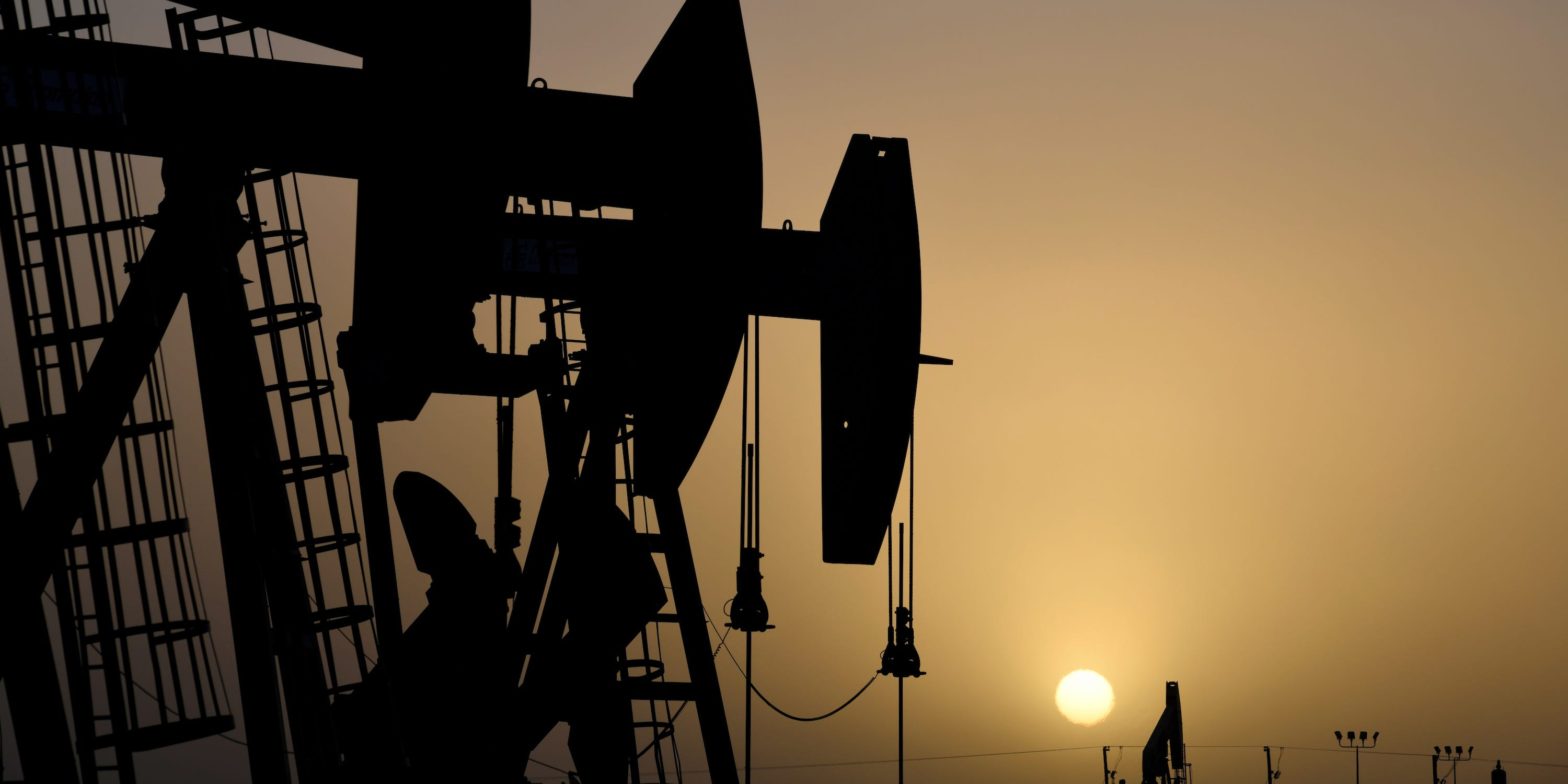A price cap on Russian oil could backfire on the global economy, Indonesia’s finance minister warned. If a price cap is met with retaliation from Russia, it could result in oil prices being pushed higher. The move could also set a precedent for other commodities, which would hurt some of Indonesia’s exports. Loading Something is loading.
Thanks for signing up!
Access your favorite topics in a personalized feed while you’re on the go.
A price cap on Russian oil will backfire on the global economy, and the move likely influenced OPEC’s recent decision to slash its production of oil, according to Indonesian finance minister Sri Mulyani Indrawati.
The cap on Russian oil prices has been in the works by G7 nations and is set to roll out by the end of the year, with expected support from the European Union. The measure is intended to lower skyrocketing energy prices – but Russia has threatened to retaliate against a price cap, potentially slashing more supplies off the market and drive prices even higher.
That could have serious consequences for the global economy, Indrawati warned, noting that the fallout from Russia’s war in Ukraine was no longer limited to the battlefield.
“The war is no longer just a military war – I think that’s really changed the landscape of geopolitics, diplomacy and economic relations … What does it mean for the global economy?” she said in an interview with Bloomberg on Tuesday.
Indonesia, which is a net importer of petroleum, is one country that would likely be affected by the price cap and has avoided pledging its support. China and India, who have become major customers of Russian oil, have also avoided getting on board, although a US Treasury official reported that talks with the two countries on the price cap have been “positive.”
Additionally, a price cap on Russian oil could inspire market intervention for other commodities, Indrawati noted. That could harm Indonesia as a major exporter of natural gas, coal, nickel, and palm oil – and its economy has been reliant on those exports as the strong US dollar hammers rival currencies and spurs volatility worldwide.
She added that price cap plans likely influenced OPEC’s recent decision to cut oil production by 2 million barrels a day, as officials she’s spoken to in Saudi Arabia have expressed concern about the price cap setting a precedent.
“When the United States is imposing sanctions using economic instruments, that creates a precedent for everything … and that’s going to create uncertainty – not only for Indonesia, for all other countries,” Indrawati said. “The Saudi and OPEC response to this is because of exactly that.”
